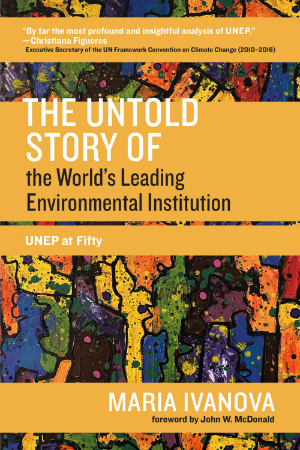
With the end of 2022 on the horizon, the Nature Needs More team would like to wish you a peaceful holiday with your family and friends. The coming weeks bring us all a time for reflection.
It has certainly been a big year for biodiversity, from CITES CoP 19 to the CBD CoP 15. Add to this Climate CoP 27 and the conferences to discuss the state of the world’s oceans and seas. The issues we all face in the years to come are complex but not insurmountable. While the old normal may be gone, at least for several generations to come, there is much we can individually and collectively do to halt the destruction of nature. This is less dependent on scientific breakthroughs and more dependent on changing consumption patterns and attitudes to the commercialisation of the natural world.
Whether you have donated, signed a petition, volunteered your time or shared information with family, colleagues and friends, thank you for taking action during 2022.
For those who would like a greater understanding of how we have arrived at this position of overexploitation, the Nature Needs More team has some suggestions of great reads, podcasts and something to watch over the holidays. While they are not all easy, they are informative. Certainly a growing number of people are recognising the importance of clean, healthy and sustainable ecosystems, but there is still too little understanding of what actions must be taken and the urgency which critical decisions must be made.
While our passions may be about conservation of wildlife and the natural world, it is important that we tackle the entrenched silos that are limiting solutions to being tactical rather than strategic, incremental rather than bold. The times we live in are interesting and terrifying because we have reached point where incrementalism is not enough to drive the needed change. Yet, there is little evidence that people, organisations and institutions can cope with anything other than this incremental approach right now. What do we need to reflect on to change this small incremental changes mindset?
These three reads can provide an insight into who has too much influence over government policy, what is needed to provide a greater balance and what can we learn from history.
Great Reads:



For other great reads, check out the book carousel on the LynnJohnson.News site
Great Listens:
The issues discussed in these podcasts are so pertinent to challenges we are facing in trying to save the natural world, from the demonising of environmental activists and whistle-blowers to the systems in place that are enabling the stripping of natural assets to create the profits and wealth for the few.
Great Viewing:
What happens when regulators are stripped of resources and influence, and businesses put profit before the people and the planet. When there is this much disregard for human life, it explains why non-human species are being driven to extinction for commercial purposes.


Thank you to everyone for your ongoing support of Nature Needs More; no doubt 2023 will be another big year. As we continue our work to trigger change, 2030 is seen as a tipping point. The science is clear, and we have run out of time for both procrastination and incrementalism. So, what are you willing to change about how you behave in the countdown to 2030?
These books, podcasts and programs contain some of the background to how we have reached this point of (over)exploitation of the nature. When you have access to a fuller picture of what we are collectively facing, will this inform how you shop, eat, vote, invest, where you work and the entertainment you choose, including where and how you travel?
It is time for more of us to remember the words of Henry Beston, “The creatures with whom we share the planet and whom, in our arrogance, we wrongly patronize for being lesser forms, they are not brethren, they are not underlings, they are other nations, caught with ourselves in the net of life and time, fellow prisoners of the splendour and travail of the Earth.”



